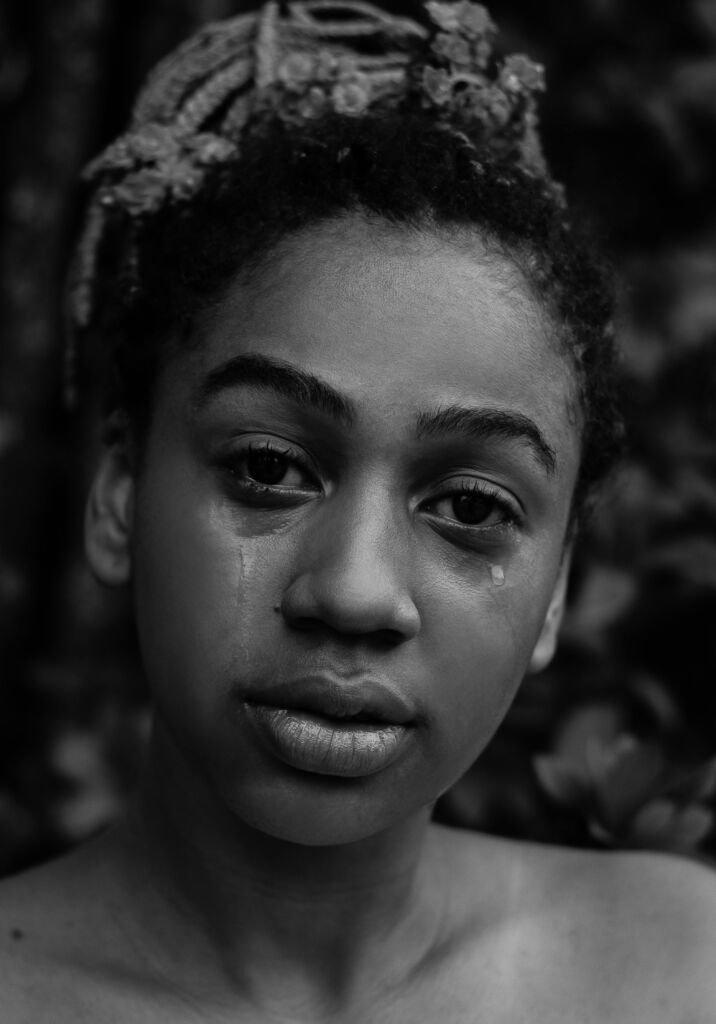Women in politics frequently experience harassment,
sexism, and discrimination, both online and offline. This can discourage women from
entering or staying in political leadership roles.


A distinct form of gender-based violence, violence against women in politics targets women not for their political views, but simply for being women, ultimately aiming to stop them from being heard and publicly active.11 Besides compromising the individual safety of those affected, this also deters women as women from participating in politics and accessing power.12 In turn, researchers of political violence emphasize the importance of exploring gendered political violence and how this includes different gendered motives, gendered forms and gendered impacts. In addition, for women being targeted in politics
just because they are women, these researchers argue that gendered forms of political violence highlight “how gender roles and tropes differentially shape men’s and women’s experiences of political violence”, and how gendered impacts “capture the subjective meaning-making processes that occur as different audiences react to political violence”.13
As a result of both violence against women in politics and gendered political violence, the chilling effect of violence is stopping women and girls from taking active roles in politics and wider society, and prevents them from living their lives freely and to their full potential.


